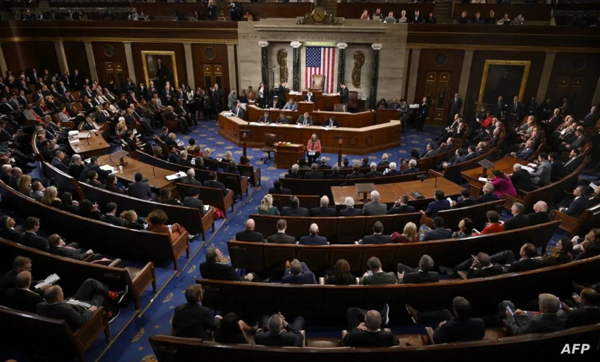The Democratic candidate for the White House, Vice President Kamala Harris, and her Republican rival, former President Donald Trump (2017-2021), have clashed over their proposals on immigration, taxes, tariffs, abortion, and foreign policy. Harris advocates for sending weapons to Ukraine, ensuring competition with China responsibly, while Trump claims he would end the Ukraine war in 24 hours, without detailing how, having eliminated hundreds of environmental regulations and withdrawing from the Paris Agreements during his tenure.
Regarding trade, Harris supports selective tariffs on Chinese imports like electric vehicles but rejects widespread tariffs to avoid impacting prices for working-class families. On the other hand, Trump promises tariffs of between 10% and 20% on all imported products and 60% on those from China, aiming to incentivize companies to move their production to the United States.
On tax issues, Harris commits to offering tax deductions to small businesses and increasing taxes on large corporations from 21% to 28%. In contrast, Trump proposes extending tax cuts for large companies and reducing the tax rate from 21% to 15% for companies that manufacture their products in the United States.
On the subject of firearms, Harris advocates for stricter background checks for buyers, although she owns a semi-automatic pistol. Trump, on the other hand, has strongly defended the Second Amendment and positions himself as an ally of the National Rifle Association.
On marijuana issues, Harris supports the national decriminalization of recreational marijuana and criticizes the disproportionate incarceration of African Americans and Latinos for possession of this substance. Trump advocates for ending unnecessary arrests for possession of small amounts of marijuana.
In different political areas such as health, environment, and foreign policy, both candidates present significant divergences in their proposals and approaches. Harris seeks to extend subsidies from the 2010 healthcare reform and defends incentives for renewable energy; Trump, for his part, has attempted to repeal Obamacare and denies the climate crisis, betting on increasing oil and natural gas production while opposing electric vehicles.














